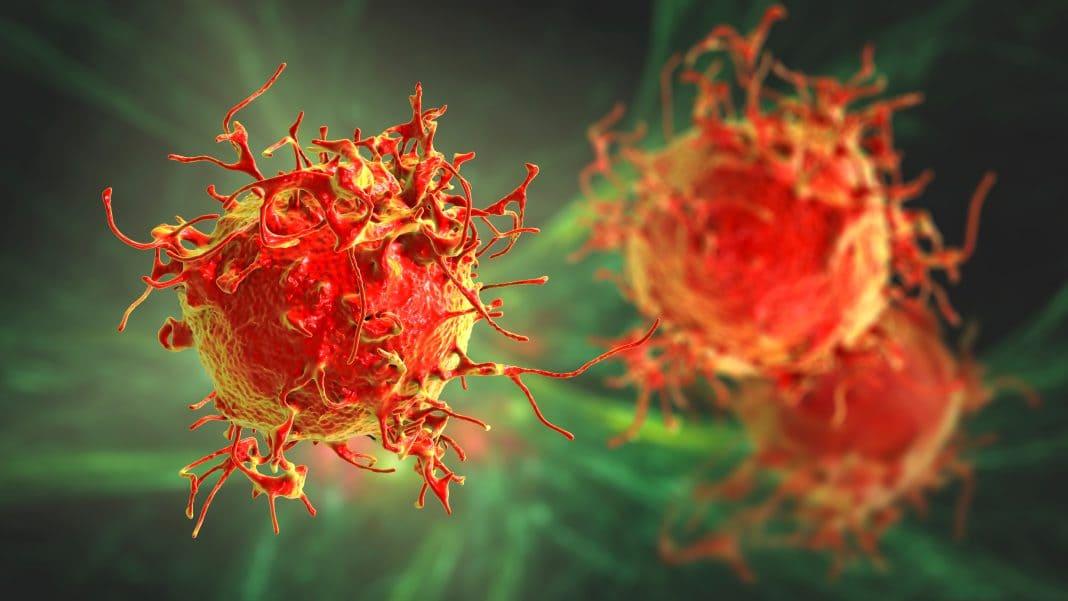KEY TAKEAWAYS
- The study aimed to investigate the prognostic capacity of gene signatures in older BC patients, addressing the current clinical uncertainty.
- Researchers noticed significant prognostic value in gene signatures across various subgroups of older BC patients, indicating potential utility in guiding treatment decisions.
The clinical significance of gene signatures in older breast cancer (BC) patients lacks clarity.
Miguel Castresana-Aguirre and the team aimed to assess the prognostic potential of these signatures within this specific patient subgroup.
They performed an inclusive analysis, applying research versions of genomic grade index (GGI), 70-gene, recurrence score (RS), cell cycle score (CCS), PAM50 risk-of-recurrence proliferation (ROR-P), and PAM50 signatures to 39 BC datasets (N = 9583). Subsequently, after filtering for age (≥ 70 years), estrogen receptor (ER) presence, and survival data availability, 871 patients were retained.
Signature prognostic capacity was rigorously examined across all patients (n = 871), ER-positive/lymph node-positive individuals (ER + /LN +, n = 335), and ER-positive/lymph node-negative patients (ER + /LN-, n = 374) utilizing Kaplan-Meier and multivariable Cox-proportional hazard modeling.
About the results, all signatures demonstrated statistical significance in Kaplan-Meier analysis for all patients (Log-rank P < 0.001), and this significance persisted in multivariable analysis (Cox-PH, P ≤ 0.05). Within the ER + /LN + subgroup, all signatures, except PAM50, were significant in Kaplan-Meier analysis (Log-rank P ≤ 0.05) and maintained significance in multivariable analysis (Cox-PH, P ≤ 0.05).
In the ER + /LN- patient group, all signatures except RS were significant in Kaplan-Meier analysis (Log-rank P ≤ 0.05). However, only the 70-gene, CCS, ROR-P, and PAM50 signatures retained significance in multivariable analysis (Cox-PH, P ≤ 0.05).
The study concluded that gene signatures offer valuable prognostic insights in survival analyses for all, ER + /LN + and ER + /LN- older (≥ 70 years) BC patients. These findings suggest a potential role for gene signatures in informing treatment decisions for this specific demographic of older patients.
The study got open-access funding from the Karolinska Institute. The work was supported by the Iris, Stig och Gerry Castenbäcks Stiftelse for cancer research (N.P.T.); the King Gustaf V Jubilee Foundation (N.P.T.); the Stockholm Cancer Society; the Swedish Cancer Society.
the Swedish Research Council; the Swedish Research Council for Health, Working life and Welfare; ALF medicine and the Gösta Milton Donation Fund.
Source: https://pubmed.ncbi.nlm.nih.gov/38454481/
Castresana-Aguirre M, Johansson A, Matikas A, et al. (2024). Clinically relevant gene signatures provide independent prognostic information in older breast cancer patients. Breast Cancer Res. 2024 Mar 7;26(1):38. doi: 10.1186/s13058-024-01797-7. PMID: 38454481; PMCID: PMC10921680.



